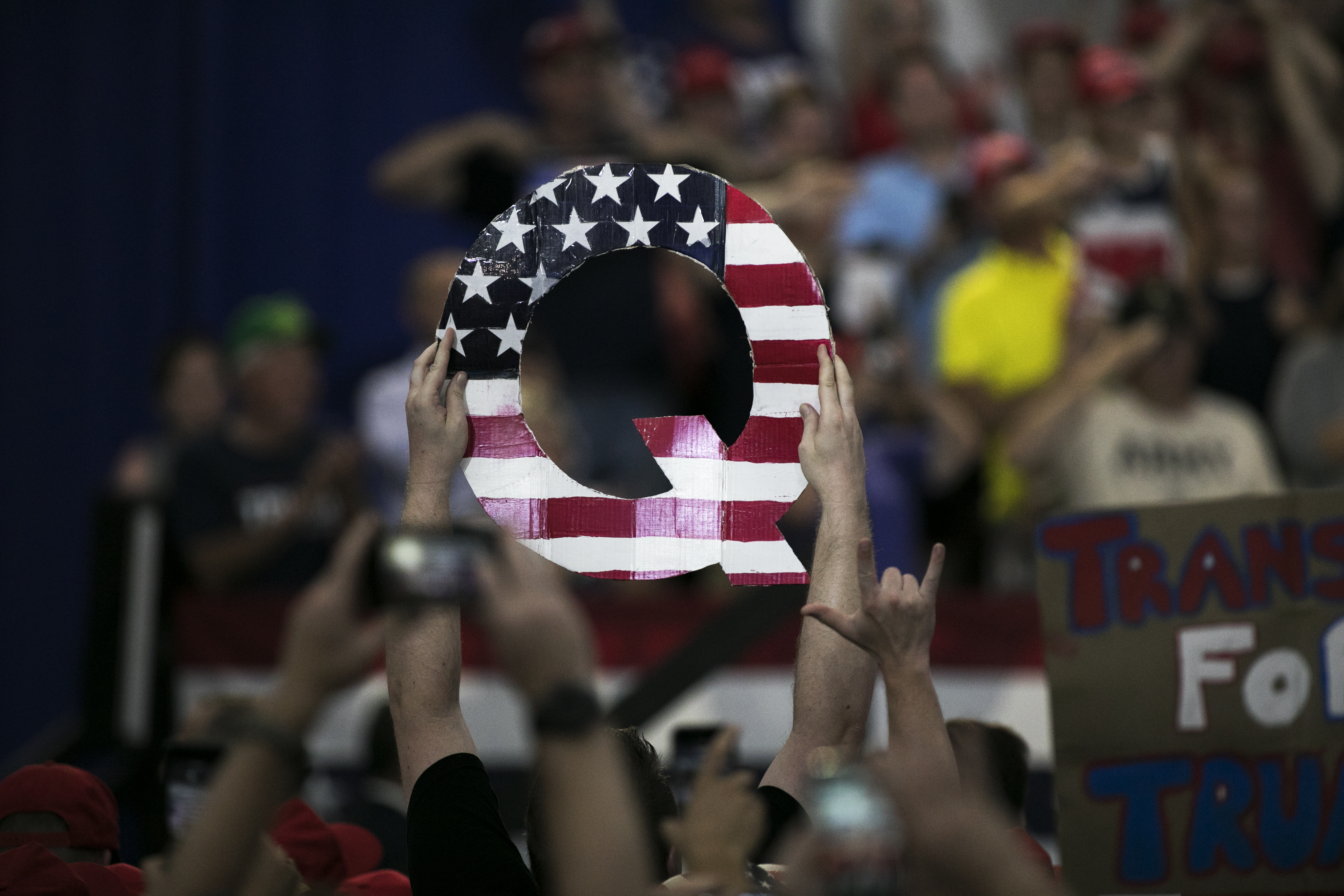FBI Says QAnon, Internet Conspiracy Theorists Are National Security Threats

Credit to Author: Ben Makuch| Date: Fri, 02 Aug 2019 13:30:27 +0000
The FBI has named some of America’s wildest and most troubling conspiracy theories as serious national security threats, citing various violent events in recent years as evidence.
The internal intelligence bulletin, first reported by Yahoo News, was written by the agency’s Phoenix bureau and is dated May 2019. It names known conspiracy theories which have gained media traction in recent years as sources of domestic terrorism and extremism: the QAnon movement, Pizzagate, the “Zionist Occupation Government” theory believed broadly by white supremacists, the Sandy Hook “Crisis Actor” theory, and the New World Order conspiracies, among other fringe movements.
“The FBI assesses anti-government, identity based, and fringe political conspiracy theories very likely motivate domestic extremists, wholly or in part, to engage in criminal or violent activity,” says the report, blaming the “modern information marketplace, occasionally driving both groups and individual extremists” to become violent.
The many events cited by the FBI darkly illustrate the current fever pitch of conspiracism in America today, and its evolution toward real world violence. For example, the report cites a California man who built a bomb which he intended to use on a satanic temple monument at the Illinois state capitol rotunda, in order to “make Americans aware of Pizzagate.” Pizzagate is an outlandish conspiracy that pinpoints a basement pizzeria in Washington, DC as the headquarters of a pedophile ring involving many of the most powerful Democrats on Capitol Hill.
Other examples in the bulletin include a May 2018 incident in which an armed group of QAnon believers near Tuscon, Arizona, accused and threatened various local residents of being involved in a child sex trafficking ring. In another cited incident, an individual shot and killed one TSA officer at Los Angeles International Airport and wounded others, who he thought were agents of the New World Order, in November 2013.
The FBI—an agency which has presided over counterterrorism and major mafia and cartel takedowns—concedes in the report that categorizing conspiracy theories as national security threats might come across as odd at first, but shouldn’t be disqualified in the current environment.
“Although many conspiracy theories appear benign or inconsequential, others create serious risks,” it reads. The bulletin emphasizes that the internet can be a vector not just for the spread of conspiracy theories, but for people to seek out perceived villains in the real world.
“These examples also substantiate concerns expressed by some researchers who believe a rise of conspiracism, fostered in part by the Internet, may be accompanied by a search for scapegoats—those believed to be the conspirators’ allies, henchmen, or collaborators.”
This article originally appeared on VICE US.